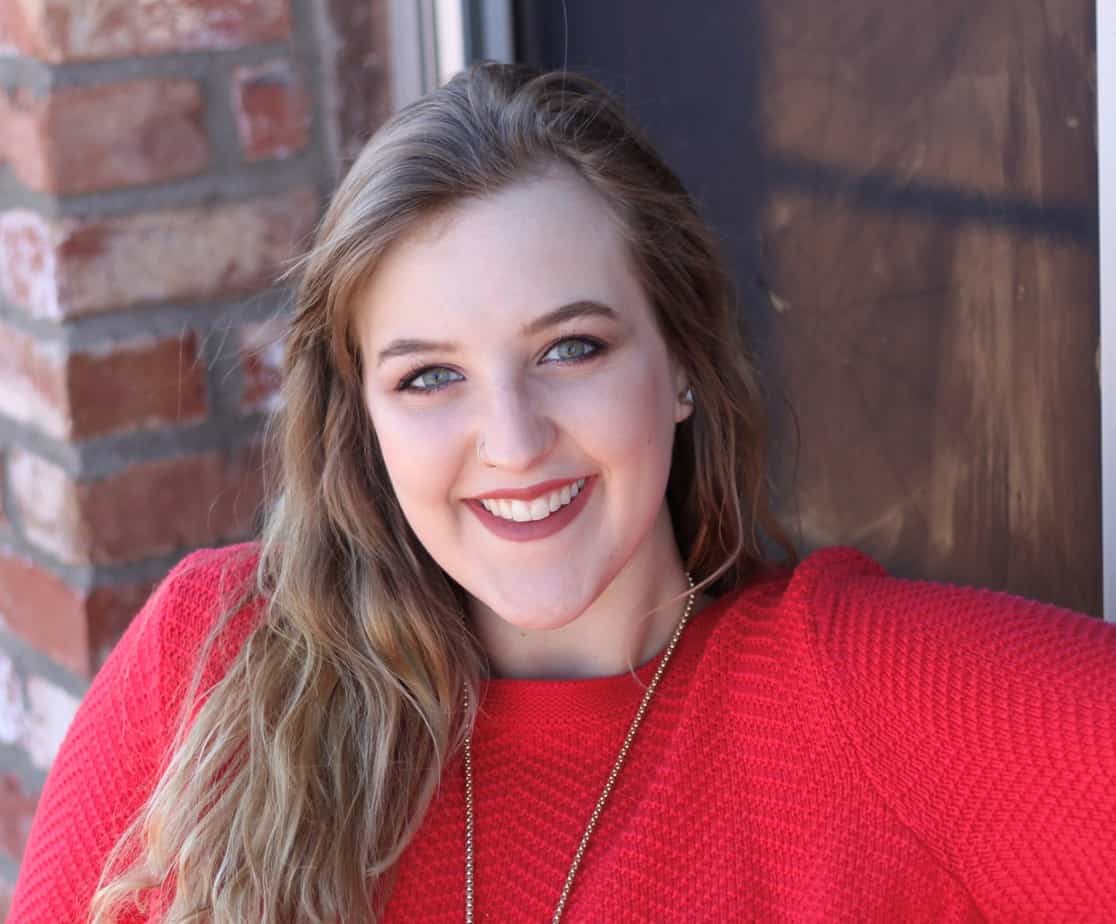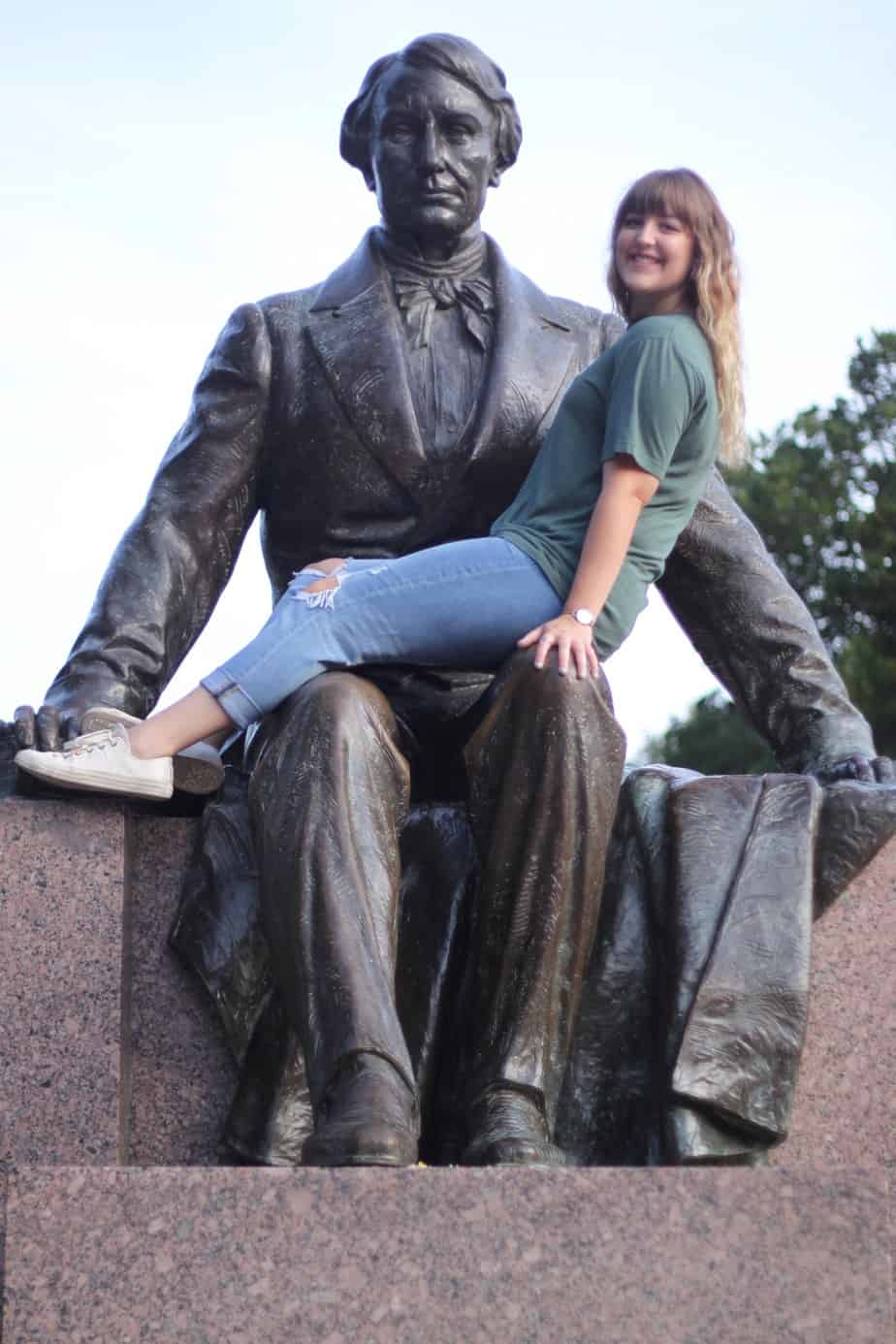My name is Katie S., I am 20 years old, and I will soon begin my third year as an undergraduate psychology student at Baylor University in Waco, Texas. I have unilateral conductive hearing loss on my left side.
Written by: Katie S.
I was not born with my hearing loss; it is the product of a “series of unfortunate events” as I like to call it. These events ultimately led to the loss of most of my natural hearing capability in my left ear as an eleven year old. After five years of struggling with traditional hearing aids and further complications, my ENT suggested a Cochlear™ Baha® Implant. When I was 17, it was finally activated.
I grew up in a small town in Oklahoma, and I graduated high school with 82 people in my class. Because my school was so small, most of my teachers and classmates knew about my hearing loss and I did not have any issues with accommodations. However, when I decided to go to Baylor, I began to consider obstacles that could arise from large lecture halls and auditoriums. Transitioning from classrooms with 15-20 people to lecture halls that hold 300 people is incredibly intimidating at first. I understand people much better when I can see their faces and lips, and I did not know how to go about this in large classrooms. When my Cochlear™ Baha® Sound Processor was first activated, I was able to choose one accessory that I wanted with it. My mom suggested that I choose the Mini Mic 2+, which could assist me in my college experience!

In the lecture hall
At freshman orientation, I asked my advisor if there were any resources for students with disabilities. She introduced me to my greatest resource as a Baylor student: the Office of Access and Learning Accommodations (OALA). This office is dedicated to making sure every student has the same opportunities to learn in the classroom. At the beginning of every semester, they contact me and secure any accommodations I need for my classes, like sending letters to my professors specifying that I need to sit at the front of the classroom and might ask them to wear a microphone. OALA has played a vital part in my academic success, and I am incredibly grateful for their compassion and dedication to students like me.
Advice to others
If I had to give one piece of advice to future recipients who are attending college, I would tell them to not be afraid of speaking to their professors about their needs. On the first day of class every semester, I make sure to tell my professors that I am registered with OALA and that I need to sit in the front of the classroom. I have never experienced a negative reaction from any of my professors. Although many college classes are challenging in their content, professors always want you to succeed, and they will accommodate you to the best of their ability.

Meeting new friends
Another intimidating situation I’ve run into at Baylor is telling new friends and peers about having an implant. I have learned that the best way to bring this up to new people is to have a sense of humor about it. When I first tell people, I tell them lightheartedly and make sure they know that they don’t have to change how they interact with me. Once people know about it, it truly doesn’t come up very often, and when it does it’s usually a joke. For example, when I take my Baha Sound Processor off at the end of the day and my roommate says something that I can’t hear, I say, “I don’t have my ear in!” and she knows to speak up.
Having a Baha System is an incredible blessing, and although there are challenges that arise in the classroom, they are easily overcome with simple accommodations. Identifying and solving these problems as early as possible will make it exponentially easier to function and succeed in college. If you are upfront about your needs with your professors and peers alike and learn to advocate for yourself, your college experience will be just as incredible and successful as anyone’s.
Learn more about heading back to school!